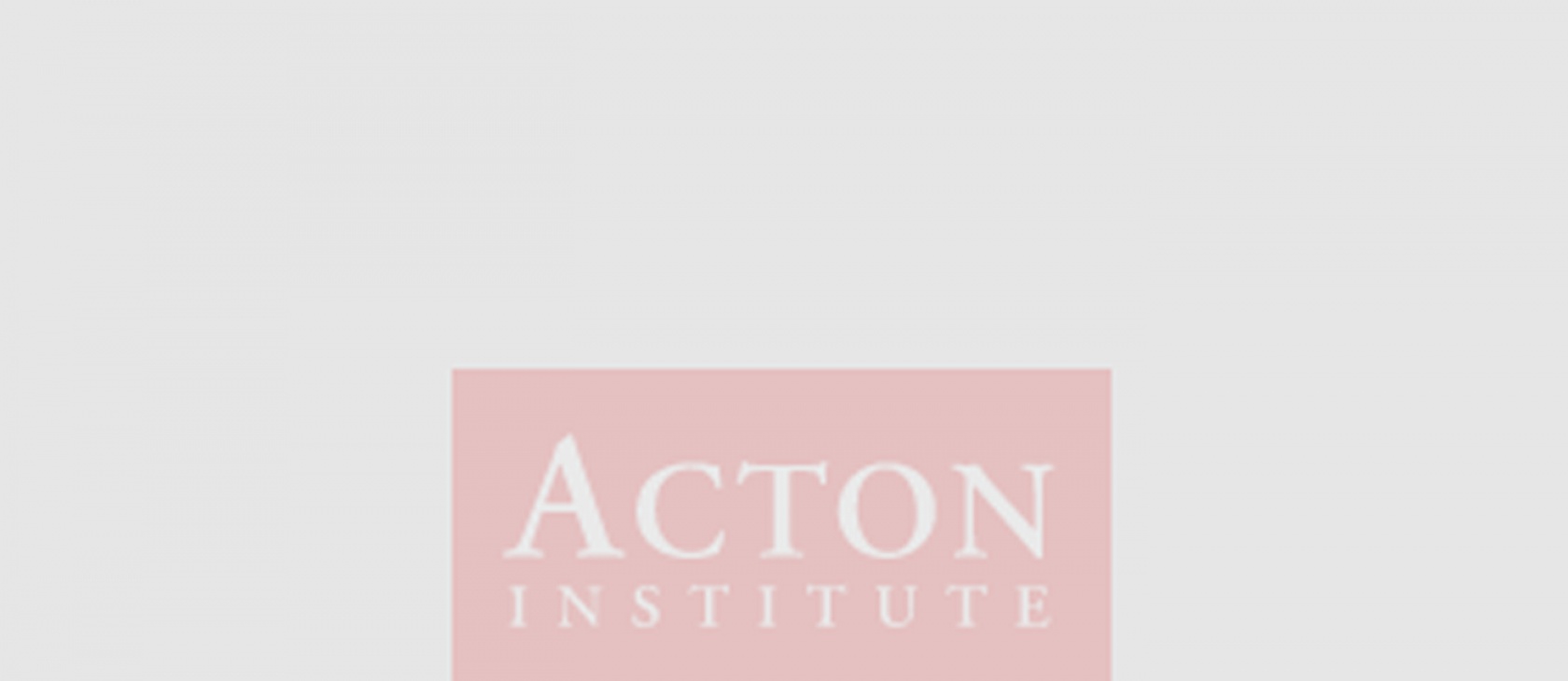Current events have made it more crucial than ever to understand what makes the European Union tick. What are the ideological roots of the eurozone crisis? Why do so many EU leaders seem willing to risk exposing their people to more jihadist terror and to invite a potentially unmanageable de-Westernization of Europe by opening the floodgates to immigrants from a burning Middle East? To understand why these crises are affecting Europe, we need to look at the unique nature of European Union.
If you spend any time at all in Brussels, the de facto capital city of the European Union, you are bound to hear that the European Union is sui generis, Latin for “the only one of its kind.” The EU is unlike anything that came before it, and most definitely not to be understood as anything like an international organization in the usual sense of the term.
The uniqueness of the EU lies primarily in the degree of supranationalism it exhibits. In fact, supranationalism has been its primary distinguishing feature and the overriding ideal of its acolytes ever since the creation of the EU’s first direct institutional forerunner, the European Coal and Steel Community.
The EU’s uniqueness comes out in sharp relief when one compares it with other international organizations that might seem at first glance to be similar. What sets the EU apart is the ceding of significant sovereign powers of the member states to the EU itself, as embodied in its institutions.
Many people think of the EU as essentially an economic entity based on a free-trade agreement, perhaps like the United States, Canada, and Mexico under the North American Free Trade Agreement (NAFTA). This impression may derive from the name of the predecessor organization of the EU, the European Economic Community, or from concepts such as the single market and the European Monetary Union, which gave birth to the euro.
Certainly the EU is, in part, an economic entity. Like NAFTA, it is a free-trade bloc. But it is much more than that. The EU is also a customs union. And this entails closer, more restrictive ties than free trade, as Daniel Hannan, a British Conservative member of the European Parliament, explains: “A customs union involves internal free trade, but also a common external tariff. Its members surrender their separate commercial policies, and give up the right to sign trade agreements. Instead, trade negotiations are conducted, and treaties signed, by the bloc as a whole.”
Beyond this, most of the EU member states are united by a common currency. Nineteen of the 28 member states share the euro. Most of the other nine member states aspire to have it in the future, but they do not yet meet the qualifications for the eurozone. These are mostly countries that were communist satellites of the Soviet Union, with planned economies. They are still developing as free markets and are expected to join the eurozone when they qualify. The only countries in the EU that qualify for the euro but freely choose (for now) not to join are the United Kingdom, Denmark, and Sweden.
The EU is not like the OAS or NAFTA, or any other international organization. It is a supranational organization exercising significant sovereign powers of its own that often trump the powers of the member states. EU law supersedes member-states' national law, for example, and EU edicts and regulation affect everyday life in every member state.
Is the EU therefore comparable to a federal nation-state, such as the United States, with its members roughly equivalent to the 50 states? Some would say so, but the comparison is false. Unlike the United States, the EU cannot claim to have a citizenry with a common understanding of its national history and a sense of belonging to the same nation. “Europeans” persist in thinking of themselves first in national terms – as Italians, Dutchmen, Spaniards, Greeks, etc. – before they think of themselves as Europeans. And this is not surprising. There is no European demos. Although ethnicities and languages do not track exactly with national borders, each European nation-state has its own long history, culture, and self-understanding. There is no unifying language. The EU has 24 official languages. English is now the lingua franca, having replaced French at the latest in 2004, when 10 new member states joined, mainly from Eastern Europe, where the second language of elites was generally English.
So, what is the EU? Here is the best definition I can think of: The EU is a constantly evolving union of 28 Western and Central European nation-states in which the governing and intellectual elites -- in the interest of realizing an unprecedented degree of global peace, stability, and prosperity -- are pooling, and thus relinquishing, significant elements of the member states’ national sovereignty, and doing so over the heads of their national electorates.
To try to define the EU is to go out on a limb and risk being sawed off. There is a caveat to everything one could attempt to say about the EU. On the one hand, the essence of the EU is supranationalism. But what does it mean to be supranational in an organization in which the member states jealously but inconsistently and confusedly – sometimes in deed but not in word, and sometimes in word but not in deed – guard their national prerogatives? Because of this unresolved conflict, and as a tactical response to it, the essence of the EU is also to have no definable essence: to exist in the “in-between-ness” described earlier. The constant change, uncertainty and flux of postmodernity are integral features of the EU.
To paraphrase Gertrude Stein, the EU is the EU is the EU. It must be understood on its own terms.
Excerpted from Todd Huizinga’s new book The New Totalitarian Temptation: Global Governance and the Crisis of Democracy in Europe (February 2016) available for pre-order now from Encounter Books.








